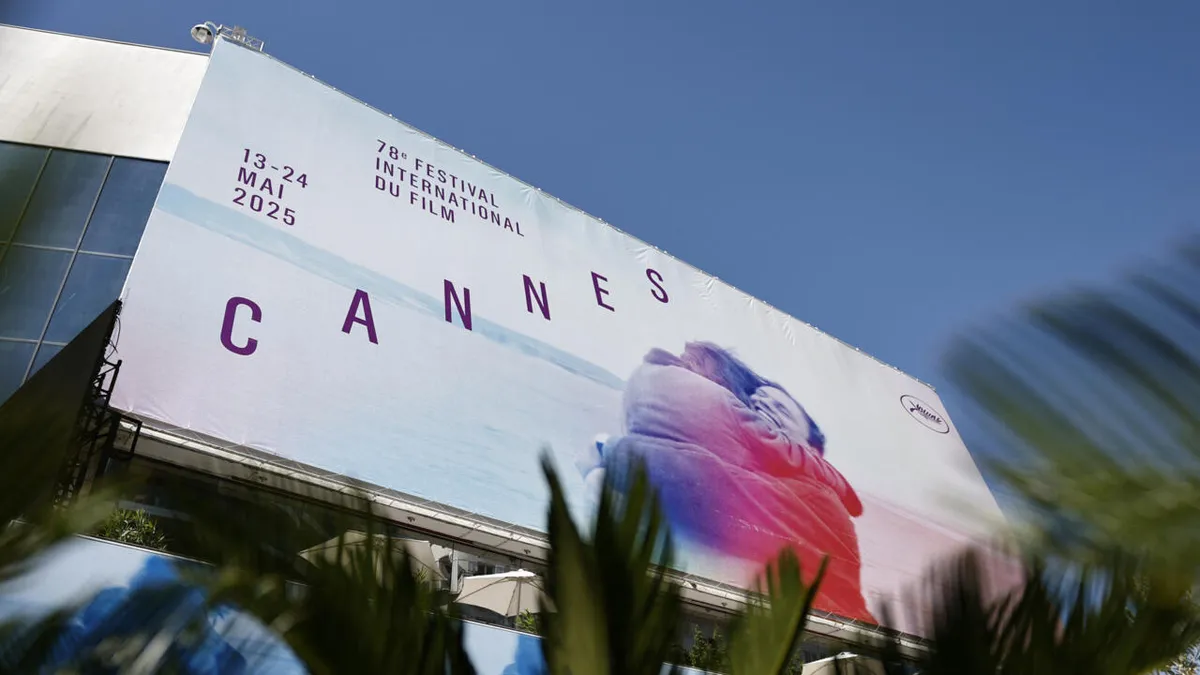
As the famous red carpet is rolled out at the Palais des Festivals in Cannes, the world gears up for the Cannes Film Festival, renowned as the premier film event globally. This prestigious festival promises a two-week movie extravaganza, showcasing an impressive lineup of films featuring celebrated directors and emerging talents.
True to its reputation, this year's festival will feature the highly anticipated film “The Phoenician Scheme” by Wes Anderson. This film is expected to attract significant attention, uniting Hollywood stars such as Scarlett Johansson, Benicio del Toro, Willem Dafoe, and Bill Murray. With its unique storytelling and aesthetic, Anderson's film is sure to add to the red-carpet glamour that Cannes is famous for.
However, the festival is not just a celebration of cinema; it also reflects the darker plotlines affecting the industry. The film sector grapples with numerous challenges, from the rise of streaming platforms to the lingering effects of the Covid-19 pandemic. Now, there is a new threat looming over the industry: the potential for a trade war.
On May 4, former US President Trump shocked Hollywood by announcing that all movies “produced in foreign lands” would be subject to a staggering 100% tariff. He accused other nations of “stealing the movies and movie-making capabilities from the United States,” claiming that America’s film industry was facing a “very fast death.” This announcement has raised alarms within the industry, further complicating an already challenging commercial landscape for film producers and theater owners.
Adding fuel to the fire, Netflix CEO Ted Sarandos recently stated that cinema-going has become “an outmoded idea for most people.” This statement comes amidst ongoing tensions between Netflix and Cannes regarding the future of cinema. The Cannes Film Festival has been a staunch defender of traditional film production practices, particularly against the backdrop of Netflix's disruptive influence.
Both Trump and Netflix have expressed disdain for EU regulations designed to protect and promote European cinema. These regulations often include measures such as taxing cinema tickets to support independent filmmakers and enforcing quotas for domestic productions. Trump has labeled these rules “overseas extortion,” particularly criticizing laws that mandate American streaming services to fund local productions in countries like France.
In response, festival organizers have reiterated their commitment to promoting domestic film production, highlighting France's status as a European cinema powerhouse. Iris Knobloch, the head of the festival, emphasized the success of the French film sector, stating, “The good health of the French film sector shows that this system is working well.”
The potential ramifications of Trump's trade policies threaten to destabilize a highly globalized industry that thrives on open trade. The essence of cinema is its ability to transcend borders, a reality vividly showcased at the Cannes Film Festival. Here, filmmakers from around the world gather to present their works, while dealmakers negotiate film sales that span multiple territories.
Chie Hayakawa, a filmmaker competing for the prestigious Palme d'Or with her film “Renoir,” stated, “Film is global and easily crosses the borders of any country or culture.” This sentiment echoes the festival's role as a vital launchpad for international cinema, especially as its lineup this year was selected from a record 3,000 submissions from over 150 countries.
One of the festival's early highlights includes the much-anticipated screening of “Mission: Impossible – The Final Reckoning,” featuring Tom Cruise. Following the success of “Top Gun: Maverick,” which grossed $1.49 billion globally, Cruise aims to replicate that success while remaining politically neutral during the festival.
Despite the festival's unofficial ban on politics on the red carpet, geopolitical issues often permeate the event. This year, the main competition includes films from Iranian directors Saaed Roustaee and Jafar Panahi, both of whom have faced significant challenges due to their outspoken views. Additionally, the festival will address pressing global issues, including the ongoing conflict in Gaza, which has inspired several films showcased at the event.
The Cannes Film Festival runs from May 13 to May 24, promising not only a celebration of cinematic artistry but also a platform for discussing the pressing issues facing the film industry today. As the festival unfolds, it will undoubtedly serve as a barometer for the future of cinema in an increasingly complex global landscape.